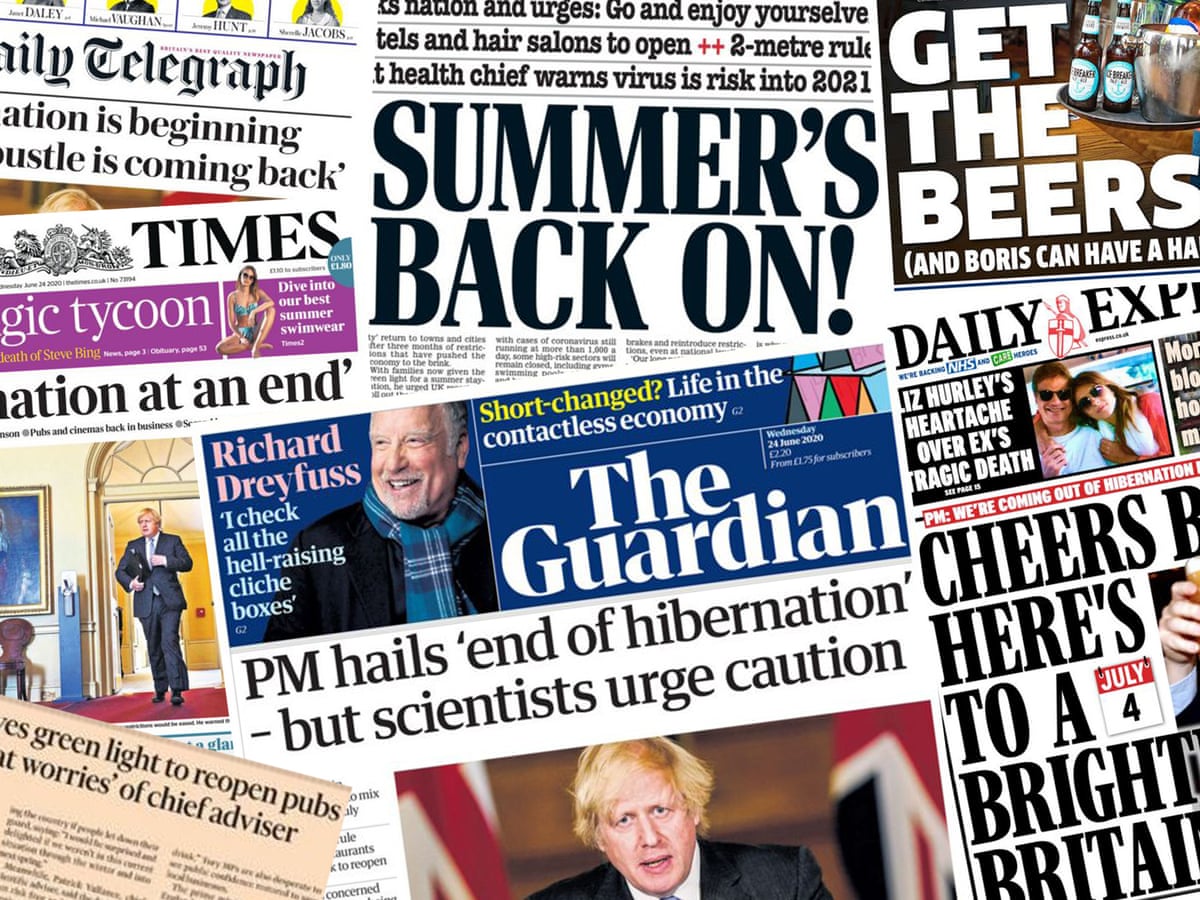 Yet again during this pandemic the Prime Minister makes an announcement about easing the lockdown in two weeks and the very next day people change their behaviour. Beaches are full and social distancing becomes a thing of the past. Some commentators think that this is a deliberate government strategy, make announcements with a time frame in the hope that people will react immediately, therefore results can be tested sooner. Some form of the economic nudge theory. However it could be argued that there is no connection to what the prime minister says and people's behaviour during the past few months. Some sociologists would argue that people interpret what is said and adapt their behaviour accordingly, or some ignore the advice and try to go on as normal, this is known as agency.
Yet again during this pandemic the Prime Minister makes an announcement about easing the lockdown in two weeks and the very next day people change their behaviour. Beaches are full and social distancing becomes a thing of the past. Some commentators think that this is a deliberate government strategy, make announcements with a time frame in the hope that people will react immediately, therefore results can be tested sooner. Some form of the economic nudge theory. However it could be argued that there is no connection to what the prime minister says and people's behaviour during the past few months. Some sociologists would argue that people interpret what is said and adapt their behaviour accordingly, or some ignore the advice and try to go on as normal, this is known as agency.As I've highlighted before in these blogs sociological theory is often concerned with several strands of thought. That our very actions are controlled by structures such as the family, education etc and another which sees us as behaving as individuals, creating the world around them based on their own experiences. The third is a compromise or more accurately that the actions of an individual can often shape the structures that they work in. Giddens believes that structures and the agency of individuals creates a duality. They act together. I'd argue that this is what is happening in the UK right now.
In march I think structure took over. People decided to set their own freedom aside and obey the instructions from government. The structures of government, law and education worked together to protect the communities they served and another important structure - the NHS. The classic sociologists such as Durkheim would have nodded sagely - this is how society works, we all have the same norms and values - a value consensus. The Prime Minister appeared at a podium with two health advisors and told us some harsh truths and gave us quantitative data. Some the Queen addressed us - another structure - a totem if you will - telling us how to behave. people like me set aside our own political views and followed the advice. This worked for several weeks. we had heroes to follow - ket workers who we applauded weekly. The media was largely compliant - another structure telling us what to do. Folk heroes sprang up - captain Tom Moore and Joe Wickes. The nation was united. Huge hospitals were constructed at heroic speed.
 Chinks in the value consensus armour began to appear. First Prince Charles was reported to have symptoms. then cabinet ministers, then the Prime Minister himself. A picture circulated of the Prime Minister's chief advisor Dominic Cummings running at great speed away from Downing Street. The prince and the ministers recovered. The Prime Minister went into hospital and we were told that he was in good health. He wasn't he was very ill. But even here we rallied around. My local MP - no fan of the prime minister - stated in a email that she worried how his illness would affect elderly people. The value consensus continued.
Chinks in the value consensus armour began to appear. First Prince Charles was reported to have symptoms. then cabinet ministers, then the Prime Minister himself. A picture circulated of the Prime Minister's chief advisor Dominic Cummings running at great speed away from Downing Street. The prince and the ministers recovered. The Prime Minister went into hospital and we were told that he was in good health. He wasn't he was very ill. But even here we rallied around. My local MP - no fan of the prime minister - stated in a email that she worried how his illness would affect elderly people. The value consensus continued.After a few weeks people began adapting their behaviour, still following the guidelines but applying their own interpretation to them. This is natural as the term 'the new normal' became used regularly. The 'new normal' would be recognised by phenomenologists. Their view is that people adapt to new situations by looking back on what they have experienced. So, I can go to the beach as long as I stay 2 metres away from other sun bathers. The crowded beach pictures are interesting when seen from above in drone pictures, there is a form of social distancing. Of course not enough but the sun seekers were trying. Virtual gigs became popular - I went to a folk festival. People making sense of this 'new normal'. Of course there was still the heart break of not seeing loved ones, especially hard for those with relatives in care homes and those who had new grandchildren they wanted to cuddle. Or those isolated at home on their own.
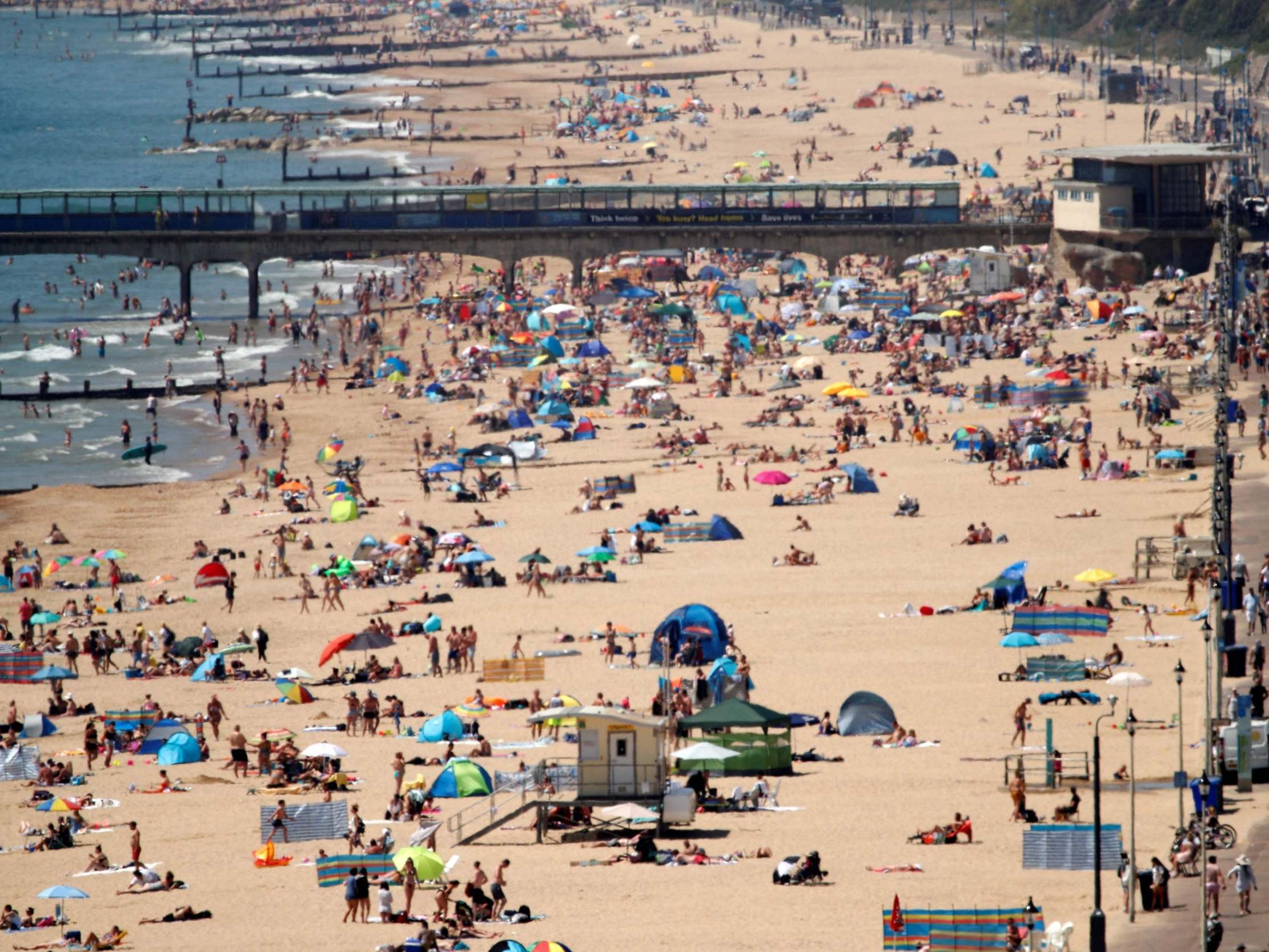
So far Giddens will be happy, the structural duality was being proved right. Then came Dominic Cummings. This then affected behaviour. It is difficult to say that it didn't. Police officers across the UK stated that it did. The casual anthropologist would see that behaviour changed that week. Hidden in the broadsheets was another story - just immediately before telling us all to lock down the Prime Minister had a baby shower at his country retreat. Lots of cabinet ministers were in attendance. I know of one couple who abandoned their lock down to drive to another part of the country to see their newly born grandchild.
In a way you could argue that this was a structure affecting our behaviour. Government behaves in this way so shall I. A new value consensus was formed as well as a new normal. There followed demonstrations, raves and more beach going. Schools were then put under pressure to open with grand statements from government ministers without detail. Anyone who dared to ask questions were attacked by the media both traditional and social. Politics resumed, the consensus broken.
Shops are now opening and the prime minister has announced that our great national hibernation is over. Social distancing has been reduced. In fact the government has handed our safety overy to us. Agency is all important, our actions will define our safety now. A structure has passed on responsibility to the individual. Phenomenologists would approve. We must make sense of the 'new normal' ourselves. The individual is all important in the new normal.


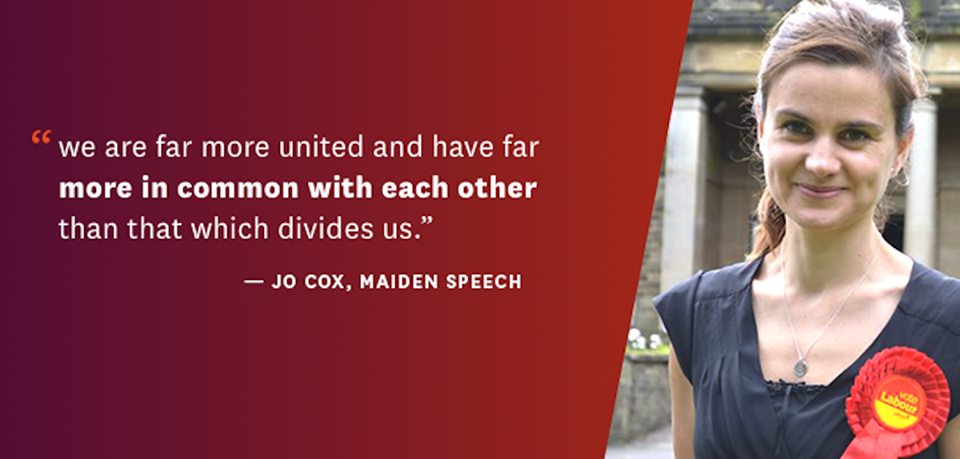
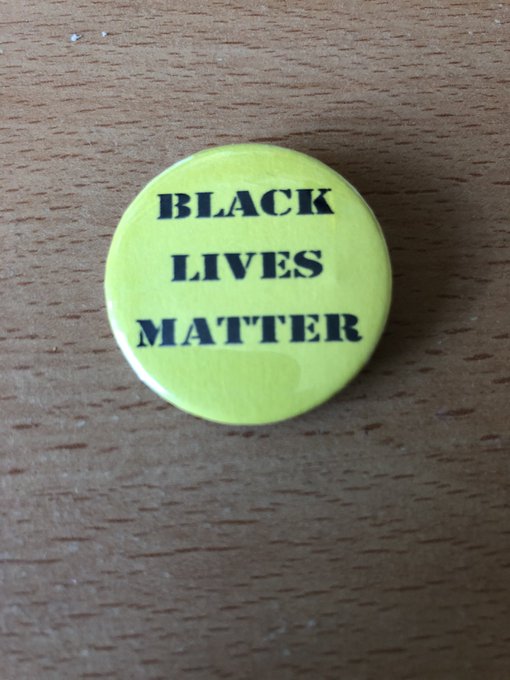
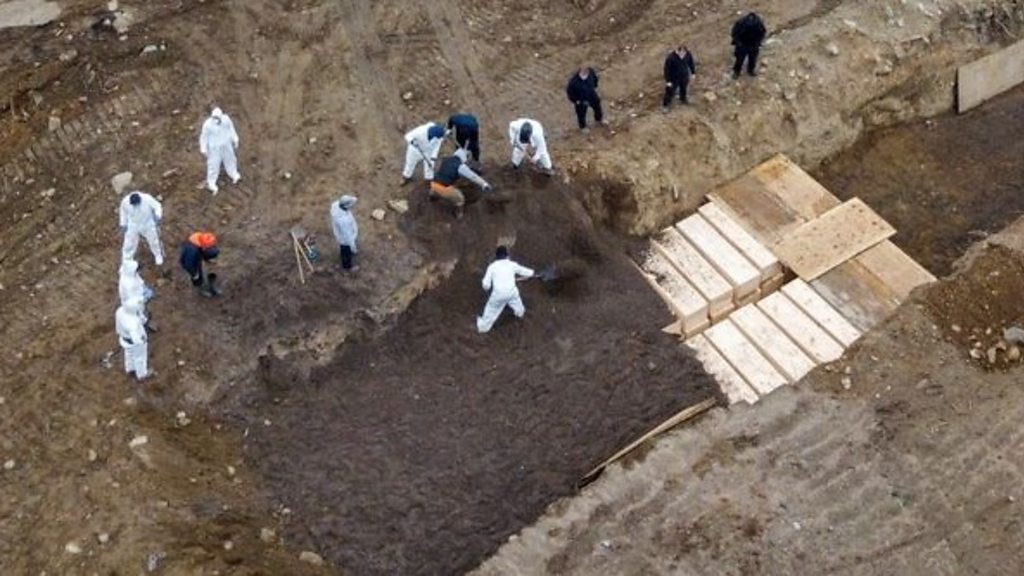 However Mr Floyd's last words struck a chord. "I can't breath". A pandemic is raging across the globe. It makes breathing difficult for those infected. The police officer has become the real embodiment of the virus. Global statistics show that BAME people are being disproportionately killed by the virus. A horrifying image released early on in this pandemic were mass graves being dug in Brooklyn mostly for black victims. Mr Floyd's killer was not a virus but a man with racist symptoms. In many eyes now the police officer is 'the other'.
However Mr Floyd's last words struck a chord. "I can't breath". A pandemic is raging across the globe. It makes breathing difficult for those infected. The police officer has become the real embodiment of the virus. Global statistics show that BAME people are being disproportionately killed by the virus. A horrifying image released early on in this pandemic were mass graves being dug in Brooklyn mostly for black victims. Mr Floyd's killer was not a virus but a man with racist symptoms. In many eyes now the police officer is 'the other'.